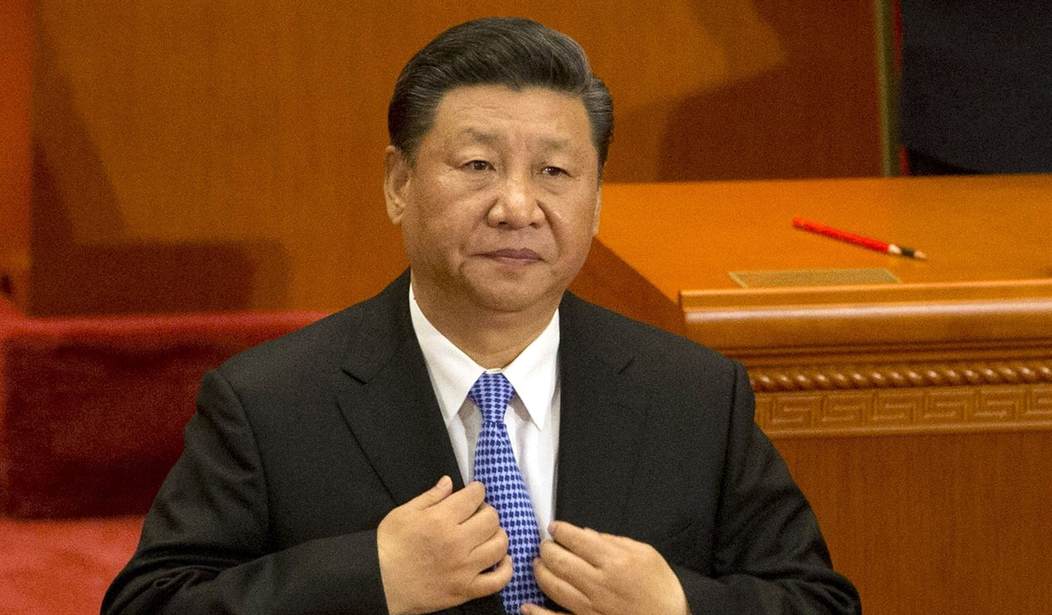When Chinese Communist Party boss Xi Jinping skipped the G20 summit in India last week, it was easy to assume that he was doing so from a position of strength or, less likely, as a small show of solidarity with Russian strongman Vladimir Putin, who didn’t attend for more obvious reasons.
But what if Xi couldn’t make it to India because he got taken to the woodshed?
Nikkei’s Katsuji Nakazawa reported last week (hat tip, Glenn Reynolds) that “there are signs of turmoil in Chinese domestic politics” at “this summer’s Beidaihe meeting, the annual get-together of incumbent and retired leaders of the Chinese Communist Party.”
Hey, if you’re going to get a dressing down from party elders, it might as well be at Beidaihe — a beach resort near Beijing that’s been popular with China’s most powerful for over a century. It’s gorgeous.
Travel brochure stuff aside, here’s the meat of Nakazawa’s report:
The informal discussions are never officially disclosed, but details of this year’s closed-door talks have begun to emerge. In short, the conclave had a significantly different feel from the previous 10 Beidaihe meetings that have taken place since Xi became general secretary of the party in 2012.
Sources said that at this year’s gathering, a group of retired party elders reprimanded the top leader in ways they had not until now. Xi later expressed his frustration to his closest aides, according to the information gathered.
Xi isn’t the only one feeling frustrated if this report is correct. China’s party elders governed during mainland China’s phenomenal rise from near-medieval poverty to 21st-century splendor over just two generations. The elders look at Xi’s China and see sluggish growth, political turmoil, and a slow but unmistakably Mao-like withdrawal from the world.
Maybe the most remarkable part was the orderly, regular, and consensus-driven transfer of power from one leader to the next. After consolidating his power after Mao’s death, Deng Xiaoping stepped aside for the Central Committee’s choice, Jiang Zemin, in 1993. Jiang proved his worth as General Secretary (technically still under Deng) starting in 1989 before becoming president four years later, and Hu Jintao followed the same path from party boss to president in 2002-2003, respectively. Xi walked the same path to his current position — before tearing up the pavement behind him.
Xi has ruthlessly eliminated potential rivals and stuffed the Central Committee with flunkies. They “elected” him to an unprecedented third term in office, and there doesn’t seem to be anything stopping Xi from effectively becoming President for Life. Really, he already is.
If you’re going to upset a successful and established way of doing things, you’d better deliver.
But “the gist of the message,” delivered to Xi, according to Nakazawa, “was that if the political, economic, and social turmoil continues without any effective countermeasures being taken, the party could lose public support, posing a threat to its rule.”
The CCP will not tolerate any threat to its rule, as blood-soaked Tiananmen Square proved beyond a doubt in 1989.
When Soviet ruler Nikita Khrushchev risked it all (and lost) during the Cuban Missile Crisis (among other failures), he was removed by a group of Kremlin plotters led by the man who would replace him, Leonid Brezhnev.
Xi, however, is not reckless and careless like Khrushchev could be, and if a Chinese Brezhnev is plotting in the shadows somewhere, no one seems to know who he might be. Also, there has never been a coup, palace or otherwise, since the CCP took over all of mainland China in 1949 — for one to happen after almost 75 years would be a real black swan event. So my gut says, no, Xi will not get Khrushchev’d.
But the thing about black swan events is that their nature makes them impossible to predict.
Exclusively for our VIPs: My Internet Sex Videos Somehow Got on the Internet










